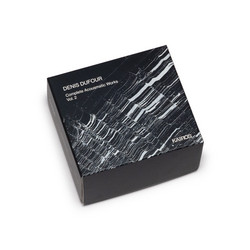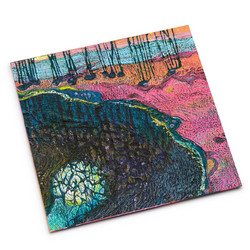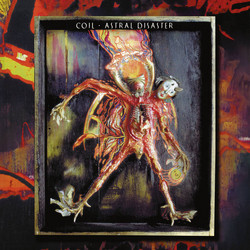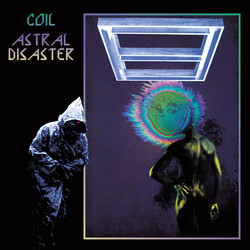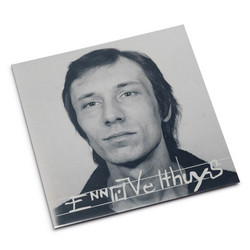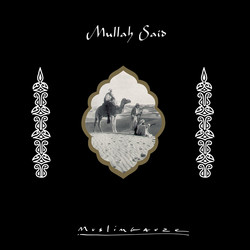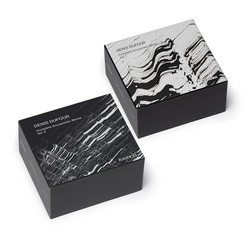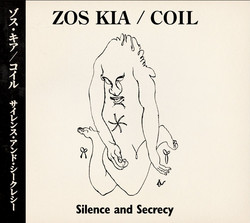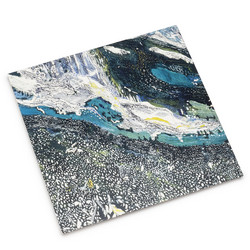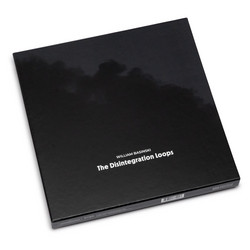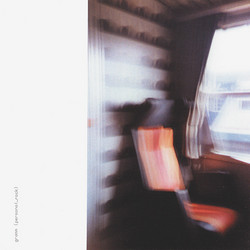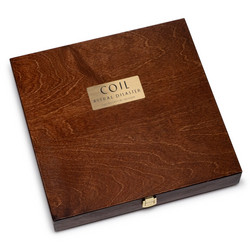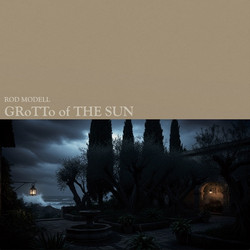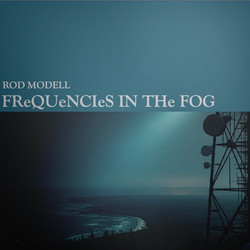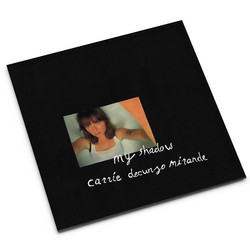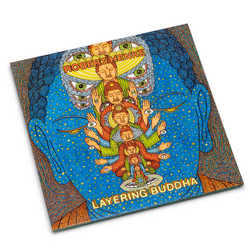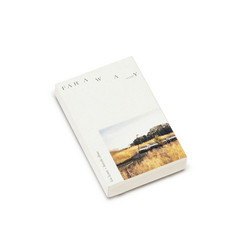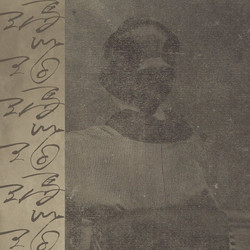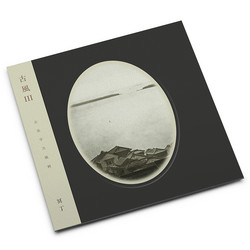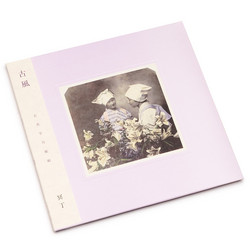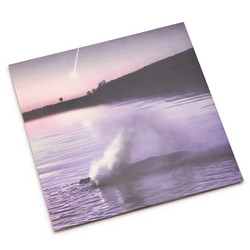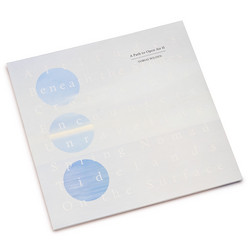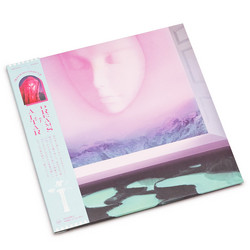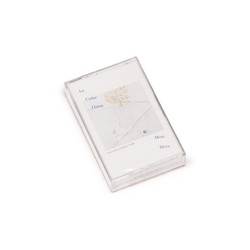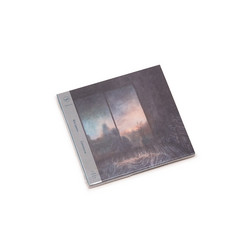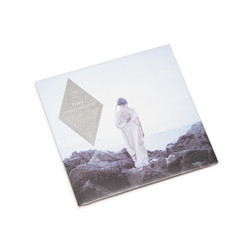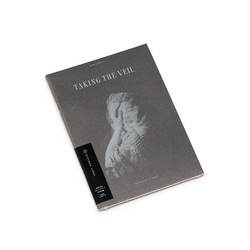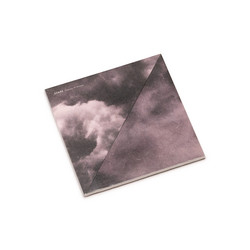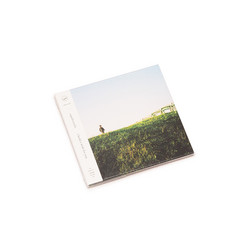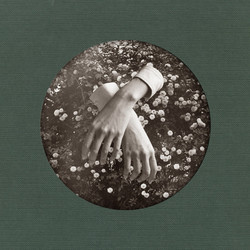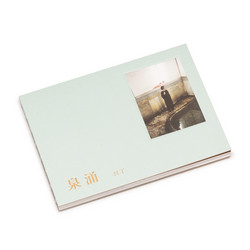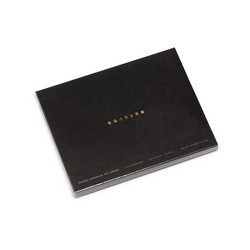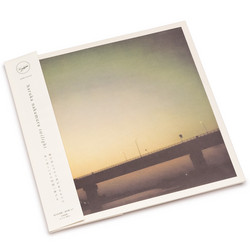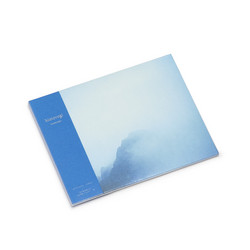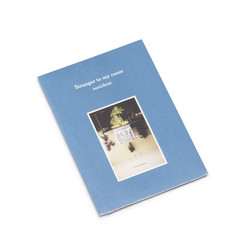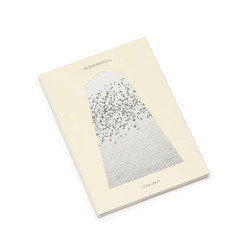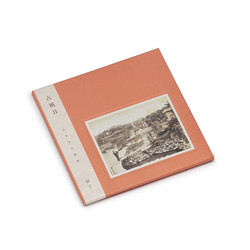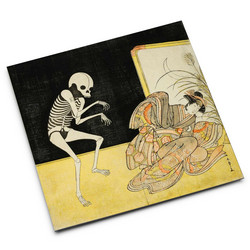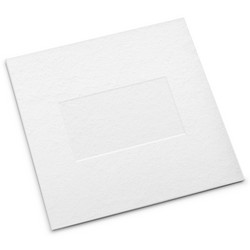Hiroshi Ebina
In Science and the Human Heart (Tape)
*2023 stock* In science and the human heart is the latest album from Tokyo-based audio artist and gagaku (Classical Japanese imperial court music) musician Hiroshi Ebina. Ebina made his debut on Kitchen. Label with Faraway Vicinity EP, via a collaboration project with composer Kin Leonn, was recorded during the early days of the Coronavirus pandemic and offered a remedy for social isolation. In science and the human heart represents an evolution of its predecessor and goes deep diving into crafting a warm weightless environment and free-floating ambiance to encourage a state of relaxation, ‘sound health’ and, most interestingly, address issues of the human heart.
With this release, Ebina opened up about overcoming depression during his early adulthood and created this work as a personal therapeutic process to cope with the experience. Meditative, gentle and minimal, In science and the human heart is a calming recording. The artist produced the music via a system of open-reel tape processing in conjunction with modular synthesizers and acoustic instruments such as music boxes, glockenspiel and guitars. The album starts with the sound of the tape machine (a half-a-century-old Nagra IV) turning on, and a music box recorded onto 1/4 inch tape slowly reverberates along with a subtle drone. Ebina modifies the playback speed and mics the output from the built-in speaker. The method resulted in capturing some sounds of the tape machine itself, and these were purposefully left in the final mix.
Jewel-toned plucked sounds, tape noise and the sounds of found objects alternate with cascades of light and fragile beauty, creating an aura of stillness and an indescribable sense of balance. Light harmonics and decay that hovers throughout the album add its imminently lingering virtue. In science and the human heart has an unhurried and lulling quality that lends itself well as a background for meditation or creating a peaceful atmosphere for sleep. The instrumental exploration seems to speak directly to the heart, which enfolds the listener in a comforting curve of sound. Ebina states, “Each song is a small message card to listeners. I hope they might be signposts for your life when you need them as they did for me.”
